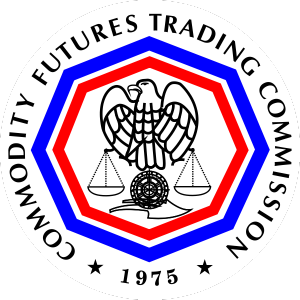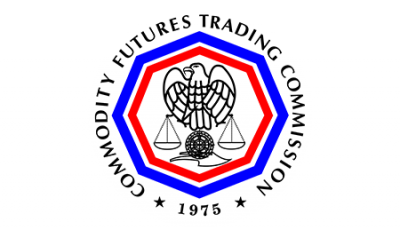LedgerX aims to become first US-regulated options exchange for Bitcoin
 LedgerX LLC, a New York-based startup, has recruited prominent financial industry executives to its board of directors and raised venture funding to inject legitimacy into the Bitcoin market, reports Wall Street Journal blog Venture Capital Dispatch.
LedgerX LLC, a New York-based startup, has recruited prominent financial industry executives to its board of directors and raised venture funding to inject legitimacy into the Bitcoin market, reports Wall Street Journal blog Venture Capital Dispatch.
The blog reports the company hopes to become America’s first Bitcoin options exchange with the blessing of the US government. LedgerX submitted applications to the US Commodity Futures Trading Commission (CFTC) late last month to be approved as a derivatives exchange with Bitcoin as the underlying asset to be traded, according to Paul Chou, the company’s co-founder and chief executive.
LedgerX’s proponents argue that a US-regulated, US-based options exchange for the Bitcoin would mitigate some of the volatility of Bitcoin prices, provide existing businesses that store and trade the digital currency an additional means to hedge their bets, and bring financial institutions who have been wary of Bitcoin so far into the realm, reports Venture Capital Dispatch.
“It’s no different than with corn farmers,” said James Newsome, a former CFTC chairman and former CEO of New York Mercantile Exchange, who is now a LedgerX board member. “They’ve got all this corn, the grain markets have been volatile. They could enter into hedging contracts knowing exactly what it’s worth, and not worrying about volatility.”
Venture Capital Dispatch reports that LedgerX retained Newsome and Delta Strategy Group, his Washington lobbying firm, to help persuade the commission. Newsome told the blog that Delta took an equity stake in LedgerX in exchange for reduced rates for the work he conducts on the company’s behalf. LedgerX has also welcomed Thomas Lewis, a former CEO of Ameritrade Holding Corp. and Green Exchange Holdings LLC, to its board.
The blog reports that LedgerX has raised $4.5 million in seed and Series A financing. The Series A came this summer and was led by Lightspeed Venture Partners, which also co-led UK-based Blockchain’s first external financing round.
Prior to that, LedgerX received seed funding from Google Ventures, as confirmed to Venture Capital Dispatch by a spokeswoman for the firm. Chou told the blog that SV Angel and Fenway Summer, a consumer finance advisory and investment firm, also took part in the seed round.
Now that LedgerX has the capital, it is trying to persuade regulators to approve its efforts.
“It is new ground, there is no questions,” said Newsome to Venture Capital Dispatch.
He said he has had several meetings with CFTC staff to discuss LedgerX’s applications. The blog reports that the company made two: one for a swap execution facility; the other for a derivatives clearing organization.
Earlier this month, the CFTC held a meeting to discuss whether it has jurisdiction over derivatives contracts that reference cryptocurrencies.
Newsome told Venture Capital Dispatch that the CFTC and other regulators are under some pressure to start dealing with Bitcoin. “Whether we like it or not, [bitcoin] is being used by legitimate companies as a form of currency. You can’t keep your head in the sand and act like it doesn’t exist.”
He added that regulators have a competitive streak, which might aid LedgerX’s applications. “It’s apparent that there’s going to be a regulated derivatives market that develops. Would you prefer that to happen in the U.S., or do you want that to migrate to London, Dubai or Hong Kong?” Newsome said regulators “have a fear of being left out.”
Still, getting the company approved is not simple, notes Venture Capital Dispatch. Newsome said LedgerX’s would have to prove to the CFTC that the underlying market – Bitcoin – is not easily manipulated. The company would also have to demonstrate that it is capable of operating and that it can establish adequate surveillance of markets to note when suspicious activity occurs.
Jeremy Liew, a partner at Lightspeed Venture Partners, told Venture Capital Dispatch that he realizes it’s risky to inject money into a company pre-launch whose business model rests on securing government approval in a sector that has not done so. “It’s venture risk,” he said. “It’s possible that it doesn’t work out, but you find the people who have the best possible chance to do it.”










